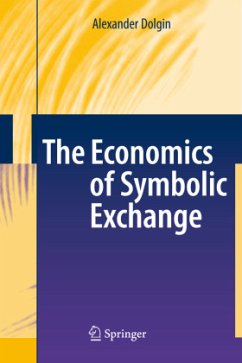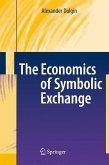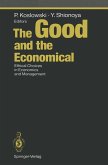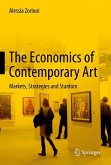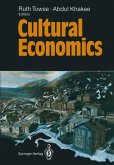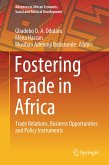Alexander Dolgin's Economics of Symbolic Exchange is in reality not one but three books, and although these semantic layers are interlinked, the reader will need to choose between the different vectors and modalities. One clearly evident dimension is research. Certain authors introduce quite new intellectual approaches into scienti?c debate. This requires a special frame of mind and a searching curiosity about social reality. Carl Gustav Jung identi?ed a p- nomenon which he called systematic blindness: when a science reaches a stage of maturity and equilibrium, it categorically refuses, from a sense of self-preservation, to note certain facts and phenomena which it ?nds inconvenient. In Alexander D- gin's book whole complexes of such "non-canonical" material are to be found. Here are just a few examples: ?le exchange networks, through which digital works of art are spread through the Internet; bargain sales of fashionable clothing; the paradox of equal pricing of cultural goods of varying quality; and a discussion of whether - tronage or business has the more productive in?uence on creativity. Obviously, not all the issues Volginraises are totally new, but brought togetherand examinedwithin an elegant logical framework of informational economics, they pose a challenge to scienti?c thinking. Such challenges are by no means immediately or, in some cases, ever acclaimed bythescienti?cestablishment. J. K. Galbraith,forexample,agreatAmericaneco- mist, whose works are read throughout the world, who introduced a whole range of crucially important concepts, the director of John F.

